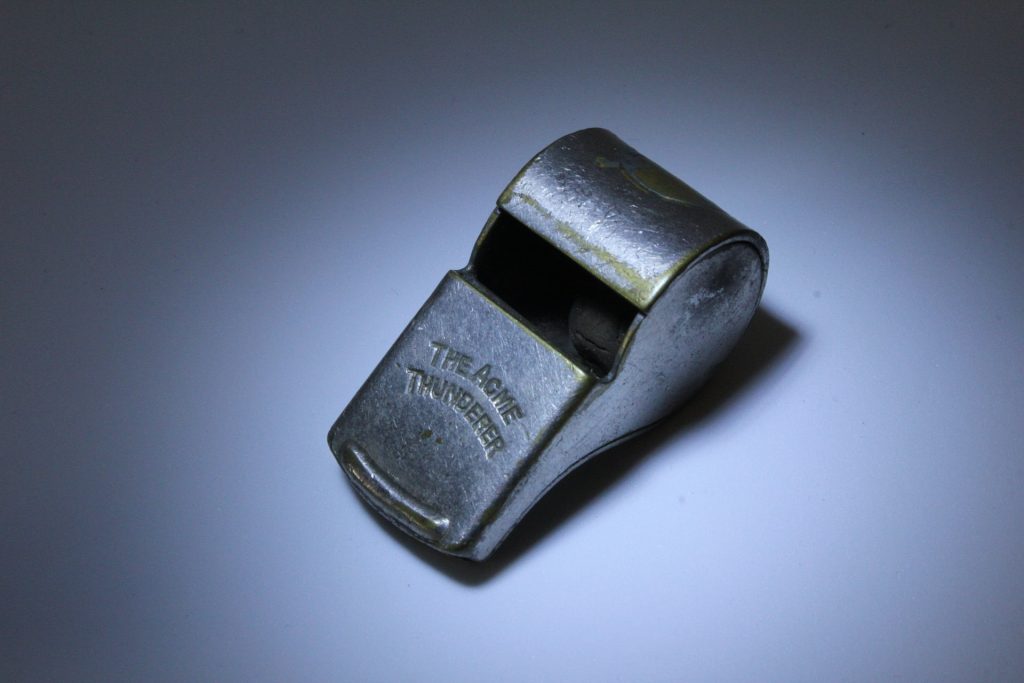I am spending much of my time at the moment reviewing, updating and writing a number of related safeguarding policies for a school in Bristol. What makes it a bit easier is the fact that I have done it on many occasions for a range of different settings – but then again, each setting is unique and shaping policies to fit specific needs is the challenging part.
Anyway, I thought you might find it useful to have some insight on what I might be putting in just one essential related safeguarding policy – the Whistleblowing policy. Below is a list of major headings within the policy and a little excerpt of suggested relevant content. Let me know if you find it useful.
Rationale: Why is Whistleblowing important? Ensuring a safe, legal, and fair workplace and to the highest standards of openness, integrity and accountability, encouraging the raising of concerns and for individuals to speak out against wrongdoing.
Aim: To encourage individuals to raise concerns about any wrongdoing, provide support and advice to Whistleblowers.
Definitions: ‘Whistleblowing is the term used when someone who works in or for an organisation wishes to raise concerns about malpractice, wrongdoing, illegality or risk in the organisation …’
Implementation: How will you ensure everyone knows about this policy and adheres to it? Should be shared in Induction, part of regular Safeguarding training.
Other policies: Whistleblowing works in conjunction with Anti-bullying, Behaviour, Safeguarding and Child Protection, Complaints.
Monitoring and Review: I advise ongoing monitoring and annual review.
Law and Guidance: ‘Currently the Public Interest Disclosure Act 1998, known as the Whistleblowing Act, protects people in the workplace who raise concerns about child safeguarding and welfare systems, financial malpractice, danger, illegality, or other wrongdoing..’
Type of incident or behaviour covered: Misconduct involving a child/performance/conduct that puts at risk the safety of a child/ inappropriate/sexual relationships between a member of staff in a position of trust and a student…
Independent Advice: Staff can seek this through their union or professional body or the independent Whistleblowing charity Public Concern at Work (telephone 020 7404 6609, or email at helpline@pcaw.co.uk).
Confidentiality and Anonymity: Encourages individuals to disclose their identity to those who need to know it; this ensures a thorough investigation and that the matter is dealt with appropriately and feedback to be provided.
Procedure and Investigation Process: Raise their concerns internally with line managers; the Headteacher/Manager; a Trustee or Governor.
Referral outside the setting: Contact the Ofsted Whistleblowing hotline in three ways: call on 0300 123 3155 (Monday to Friday from 8.00am to 6.00pm)/email at whistleblowing@ofsted.gov.uk/ write: WBHL, Ofsted, Piccadilly Gate, Store Street, Manchester M1 2WD.
Staff can now also ring the NSPCC Whistleblowing Advice Line, which can be reached on 0800 028 0285. www.nspcc.org.uk/fighting-for-childhood/news-opinion/new-whistleblowing-advice-line-professionals/
For other matters, staff can also contact: Audit Commission (telephone 020 7828 1212); the Police (Avon and Somerset Constabulary – local rate telephone number is 0845 4567000); their trade union; or their solicitor.
